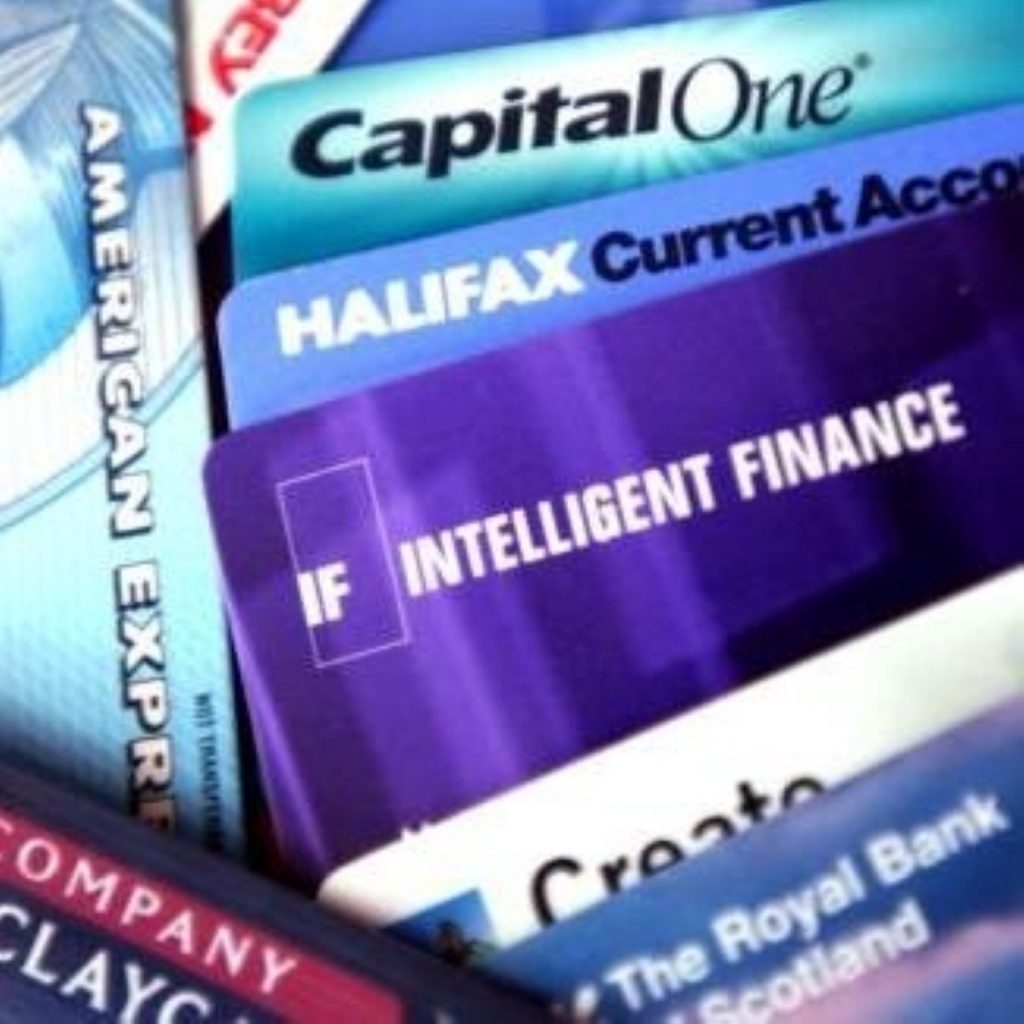Credit card companies urged to improve
An influential committee of MPs has urged the credit card industry to give consumers clearer information about the deals they are offering.
The Treasury Select Committee has been investigating the consumer credit business for almost two years. Its second report was published today, following on from 2003’s first report.
The new report calls upon companies to share more information to prevent customers running up huge debts on different cards; to provide more clear information about penalty charges; to develop an industry-wide method of calculating interest; and to end the practice of sending out unsolicited credit card cheques.
The committee is also calling for the industry regulator, the Financial Services Authority, to examine the sale of payment protection insurance alongside credit cards.


The 2003 report called upon the industry to introduce summary boxes on credit card promotional material, explaining in simple terms the headline points about the terms on offer. These have recently been introduced.
Committee chair John McFall acknowledged that the industry has moved forward since the first report, but warned that there is still much to do.
“Despite progress being made by the industry, consumers find it virtually impossible to work out which card would be the cheapest. As one issuer has acknowledged, an ‘illusion’ can be created that a deal is better than it really is. The industry needs to tackle this problem as a matter of urgency, if necessary through some degree of standardisation of interest calculation methods”, he said.
Jill Johnstone, director of policy at the National Consumer Council (NCC) said that the report must lead to change. She said: “The committee’s key recommendations home in on the problem areas that welcome new credit laws – now on their way through parliament – fail to address.
“NCC and other consumer groups are already lobbying for amendments to the Consumer Credit Bill to fill the gaps – on clearer information about interest and calculation methods, comprehensive data sharing by credit card companies, and a ban on unsolicited credit card cheques.”
The Liberal Democrat economics spokesman, Norman Lamb, said: “This report acknowledges that significant progress has been made but there is still a long way to go. I have concerns about the scale of charges for breaching overdraft limits and missing payment deadlines.
“The next big issue for banks is to apply the same principles of transparency to bank accounts, where customers are still kept unacceptably in the dark over charges.”












